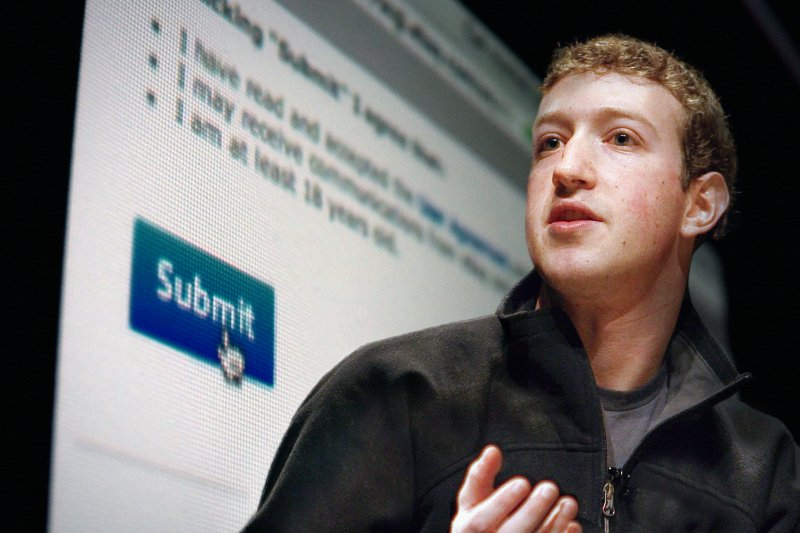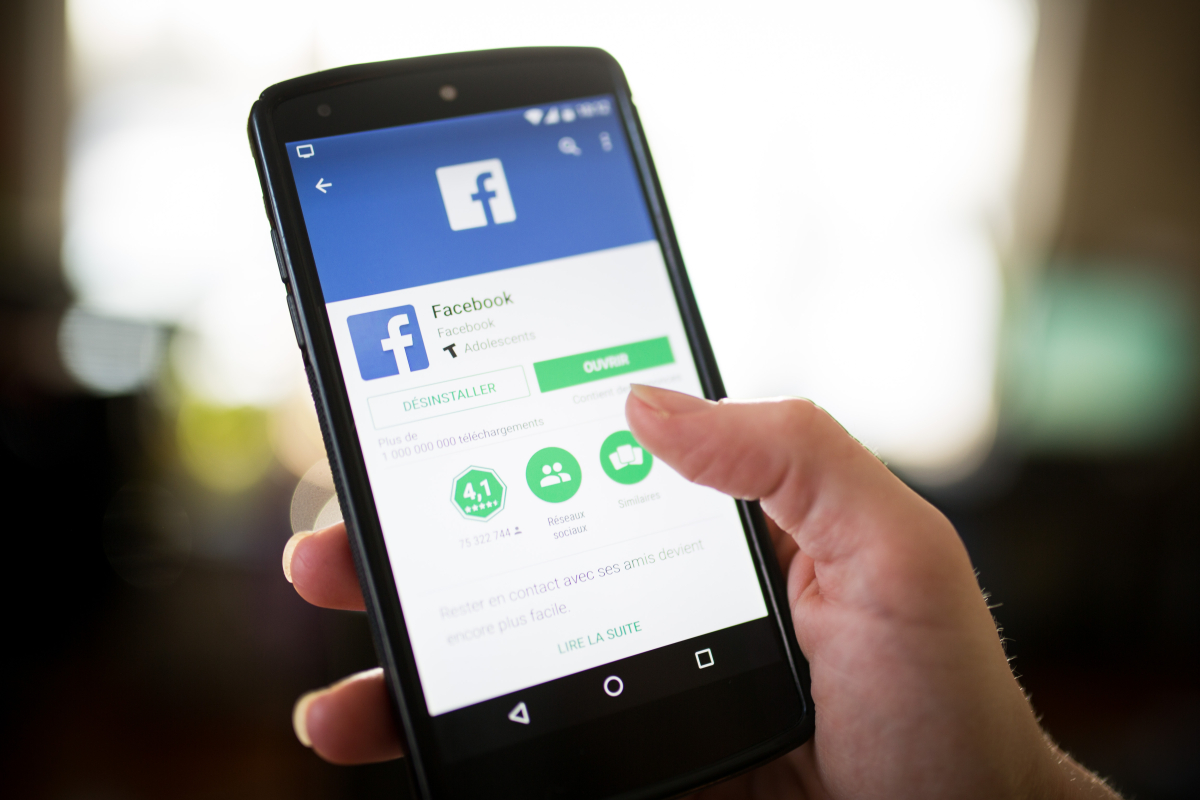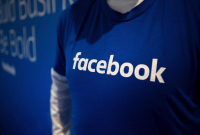Support strong Canadian climate journalism for 2025
Facebook says it has suspended Canadian political consultancy AggregateIQ from its platform, after reports emerged alleging its involvement in a global controversy over misuse of personal social media information for political ends.
Victoria, B.C.-based AggregateIQ has been linked with Cambridge Analytica, the political campaigning firm at the centre of a data scandal, according to documents obtained by The Guardian in the United Kingdom. The Canadian firm has also been targeted by federal and British Columbia investigations into whether the company broke privacy laws or used unauthorized data.
Christopher Wylie, a 28-year-old data scientist from British Columbia, went public in March with statements that he helped found AggregateIQ while he worked for Cambridge Analytica parent company SCL. He said Cambridge Analytica used harvested Facebook data to help support United States President Donald Trump's 2016 presidential campaign.
Facebook has estimated that as many as 87 million users worldwide were potentially affected by the scandal involving Cambridge Analytica, and that more than 80 per cent of these users were in the U.S. The company said 622,161 Canadians were affected.
“In light of recent reports that AggregateIQ may be affiliated with SCL and may, as a result, have improperly received (Facebook) user data, we have added them to the list of entities we have suspended from our platform while we investigate,” said a Facebook spokesperson in a statement sent to National Observer.
“Our internal review continues, and we will co-operate fully with any investigations by regulatory authorities.”
Facebook previously announced on March 16 that it was suspending accounts of those involved in the scandal, including Cambridge Analytica, Wylie and a psychology professor from the University of Cambridge who worked with them, named Aleksandr Kogan.
AggregateIQ has also been linked to the campaign in the U.K. to leave the European Union, and the firm was used to sidestep Brexit campaign spending limits, according to CBC News, citing a whistleblower and documents.
Britain's Electoral Commission has revealed that the Vote Leave campaign paid AggregateIQ $4.6-million for political work, a substantial amount of the campaign's budget, the Globe and Mail reported last December.
The Office of the Information and Privacy Commissioner for British Columbia has been probing AggregateIQ since last year over its connection with Brexit. On Thursday, it launched joint investigations with Canada's federal privacy commissioner into both AggregateIQ and Facebook.
Spokespeople from the offices of both watchdogs declined to comment on this story. B.C.'s commissioner cited its active investigation, while the federal commissioner cited confidentiality provisions.
AggregateIQ denies ever having been a part of Cambridge Analytica or its affiliated firm, SCL, and says its work is legal and that it has always been Canadian owned and operated. National Observer has not independently verified Wylie’s claims or the documents referred to by the Guardian, the CBC or the Globe and Mail.
In a statement posted to its website, AggregateIQ says it “has never managed, nor did we ever have access to, any Facebook data or database allegedly obtained improperly by Cambridge Analytica.”
“AggregateIQ works in full compliance within all legal and regulatory requirements in all jurisdictions where it operates. It has never knowingly been involved in any illegal activity,” the statement also said. "Chris Wylie has never been employed by AggregateIQ."
Wylie called that response "weasel words," Metro News reported, yet "technically true" in remarks to U.K. parliamentarians.

Facebook promises public political ads archive
The data scandal, uncovered by The Guardian and The New York Times, revealed that political campaigners were able to exploit weaknesses on the Facebook platform to gather information about users who downloaded a personality quiz application as well as gathering information about the social media friends of these users.
The campaigners were later able to use the data to target the users and their friends with political messages designed to sway votes in campaigns such as Brexit and the 2016 U.S. presidential election, the newspapers reported.
The platform has since admitted that 126 million Americans may have seen political posts linked to Russian efforts to influence the 2016 election, and that it sold about 3,000 ads connected to hundreds of misleading accounts or pages that "likely operated out of Russia."
On Friday, Facebook endorsed U.S. legislation that would regulate political ads, and rolled out new policies limiting political ads to only those advertisers who can confirm their identity and location.
These ads will now be labeled as "political ad" in its top left corner and include "paid for by" information, the company said in a post on its website by two company executives, Rob Goldman and Alex Himel. The social media firm plans on releasing a "public, searchable political ads archive" in June of these ads.
"We know we were slow to pick-up foreign interference in the 2016 US elections," reads the post, by Goldman and Himel. "Today’s updates are designed to prevent future abuse in elections — and to help ensure you have the information that you need to assess political and issue ads, as well as content on Pages."
Zuckerberg says Facebook should have done more
Facebook has been in damage control mode as the scandal has led to calls to “delete Facebook” and as government authorities move to investigate the companies involved. Facebook founder Mark Zuckerberg is set to face two Congressional panels in Washington next week.
Describing the firm as a "powerful and influential company," U.S. Senator John Thune said he expected to hear about "problems that have generated significant concern about Facebook’s role in our democracy."
Facebook is conducting audits of its systems and has deleted dozens of Facebook and Instagram accounts, and Facebook Pages, controlled by organizations or people tied to Russian efforts to influence the 2016 U.S. election.
The social media company says it is continuing to investigate other accounts on its network.
Zuckerberg held a long conference call April 4 with reporters, laying out additional details about the company's response.
“In retrospect I think we should have been doing more all along," said Zuckerberg. "I'm not trying to defend this now...knowing what I know today, clearly we should have done more."
AggregateIQ and Wylie could not immediately be reached for comment before publication.






Comments